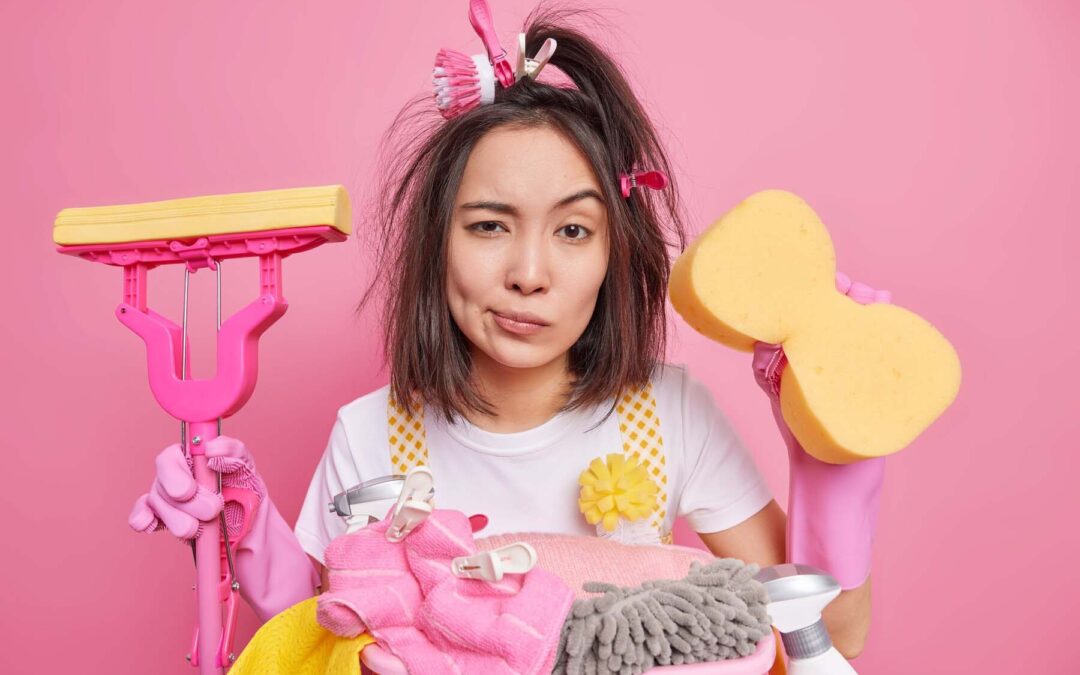Singapore is known for its strict regulations when it comes to work permits, especially for Migrant Domestic Workers (MDWs). One common question that arises among employers is whether a helper can work in two different houses. It’s essential to understand the Ministry of Manpower’s (MOM) guidelines to ensure compliance and avoid potential penalties.
Understanding the Work Permit Conditions
According to the Ministry of Manpower (MOM) in Singapore, a helper is only permitted to work for one employer and within one household. This means that sharing an helper’s services between two houses or employers is not allowed under the standard work permit conditions.
Reasons Behind the Regulation
The primary reason behind this regulation is to ensure that helpers are adequately protected and can focus on their duties without being overburdened or exploited. Working for multiple employers or households can lead to longer working hours, increased stress, and potential conflicts in job responsibilities.
Consequences of Non-compliance
Employers who violate the MOM’s work permit conditions by allowing their helper to work in two houses may face severe penalties. This could include fines, revocation of the helper’s work permit, and even a ban on hiring helpers in the future.
Situations Where Your Helper Can Work in Different Residences
There are specific situations where your helper may be permitted to work in different residences, provided these scenarios align with the Ministry of Manpower’s guidelines:
- Childcare Assistance:
If your child(ren) are being cared for by your relatives or parents who live in a different residence, your helper may accompany them to assist with childcare duties. This includes:- Childcare Support: Your helper can help with taking care of the child(ren) and attending to their needs in the absence of the parents.
- Clean-up Duties: In areas where the child(ren) may have made a mess, such as play areas or bedrooms, your helper is permitted to clean up and maintain order.
- Kitchen Cleanup: If meals are prepared for the child(ren) at the relative’s or parent’s residence, your helper can assist by cleaning up the kitchen and washing the kitchenware used during meal preparation.
It’s essential to note that these arrangements should be occasional and temporary, focusing primarily on childcare and related household chores. Always ensure that your helper’s primary employment remains with your household and that any shared arrangements are communicated and agreed upon by all parties involved. Remember to consult with the Ministry of Manpower (MOM) or seek professional advice if you have any doubts or questions regarding helper employment regulations in Singapore.
Alternative Solutions
If you find that you require additional help around the house or care for multiple residences, there are legal alternatives to consider:
- Part-time Cleaner: Hiring part-time cleaners or engaging cleaning services can be a viable solution for tasks that don’t require a full-time helper’s attention.
- Second Helper: If the workload is significant and justifies it, consider hiring a second helper under a separate work permit. Each helper can then focus on their designated household and duties.
While the idea of sharing an helper’s services between two houses might seem practical, it’s crucial to abide by Singapore’s work permit conditions to ensure the well-being of the helper and compliance with the law. Understanding these regulations and exploring alternative solutions can help you find the best way to manage household responsibilities while respecting the rights and welfare of your helper. Always remember to consult with MOM or seek professional advice if you have any doubts or questions regarding helper employment regulations in Singapore.

